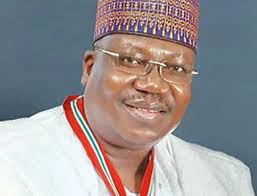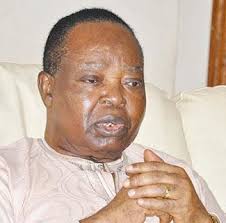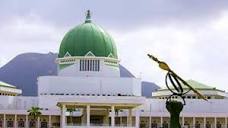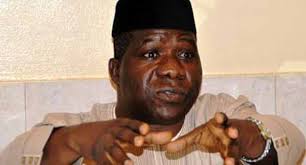***Seeks better collaboration between Nigeria and Korean Parliaments
The President of the senate Ahmed Lawan has explained why the Presidential inauguration event scheduled for Monday is a big deal to Nigeria.
Lawan spoke on Sunday when he received in audience a special envoy of the President of Republic of Korea to discuss ways to enhance the relationship between Nigerian and Korean Parliaments.
Lawan said,
“For us, it is a big deal because this is the first time that democracy in Nigeria will witness this long period of sustainability and we are very optimistic that democracy is taking a very strong root in Nigeria and we don’t expect anything that will stop this development of our democracy to a higher and broader level.”
Lawan told the Korean delegation, led by Mr Kab Yoon Jeong, that Nigerian and Korean Parliaments should work together and exchange visits with a view to creating a better relationship.

“The next Assembly which will be inaugurated on the 13th of June will look into working for a Nigeria’s National Assembly-Korean Parliament relationship so that we have a joint committee that will be involved in exchange of visits between the parliaments and that will create better relationship not only with the countries as it is, which is largely at the moment, concentrated on the executive side of government but also to have the parliaments of Korea and Nigeria exchange visits and working together to enhance the relationship between our two countries,” Lawan said.
The delegation had arrived in Abuja ahead of the Monday inauguration of a new President of Federal Republic of Nigeria.
The Senate President said the trade between Nigeria and Korea were growing in “leaps and bounds.”
“Many Nigerian business men visit Korea for businesses even though the balance of trade at the moment is skewed but I believe that Nigeria will also make much more impacts in the Korean businesses because we have so many things that the Koreans will also like to buy from Nigeria.
“We take Korea as one of our major trading partner and I believe that it is because our business men and women find it very encouraging. That is why they can go to Korea and do a lot of businesses.
“Ours is not only about businesses in Korea. We also have over 300 students in Korea. Some of the students are on your scholarship.
“I want to take this opportunity to thank the Korean Government for extending such support to our students. Even those who are not on scholarship found the environment convenient to undertake their various studies.”
Lawan assured the delegation that Nigeria would take a leading role in the Africa-Korea summit being planned for next year.
“Nigeria is the largest economy in Africa and therefore when there will be Africa-Korea Summit, Nigeria will lead the other African countries and I want to assure you that we are going to participate fully in that Africa-Korea summit,” he said.
Earlier, the leader of the delegation, Mr Jeong made a case for closer cooperation between Nigeria and Korea and also invited the leadership of the Nigerian Parliament to the 2024 Africa-Korea Summit being planned by President Yoon Suk Yeol administration of Republic of Korea.




